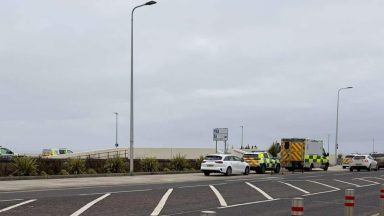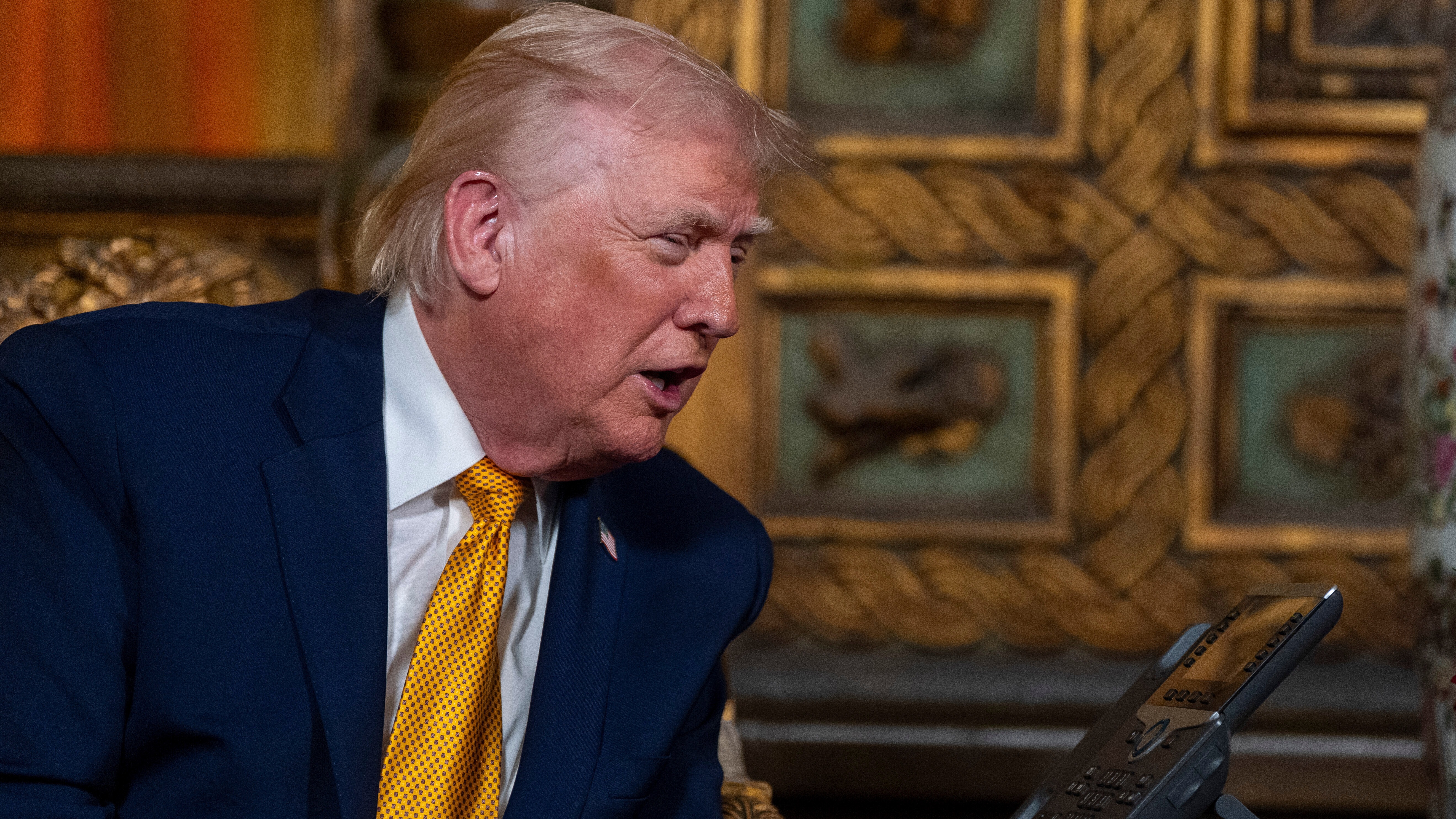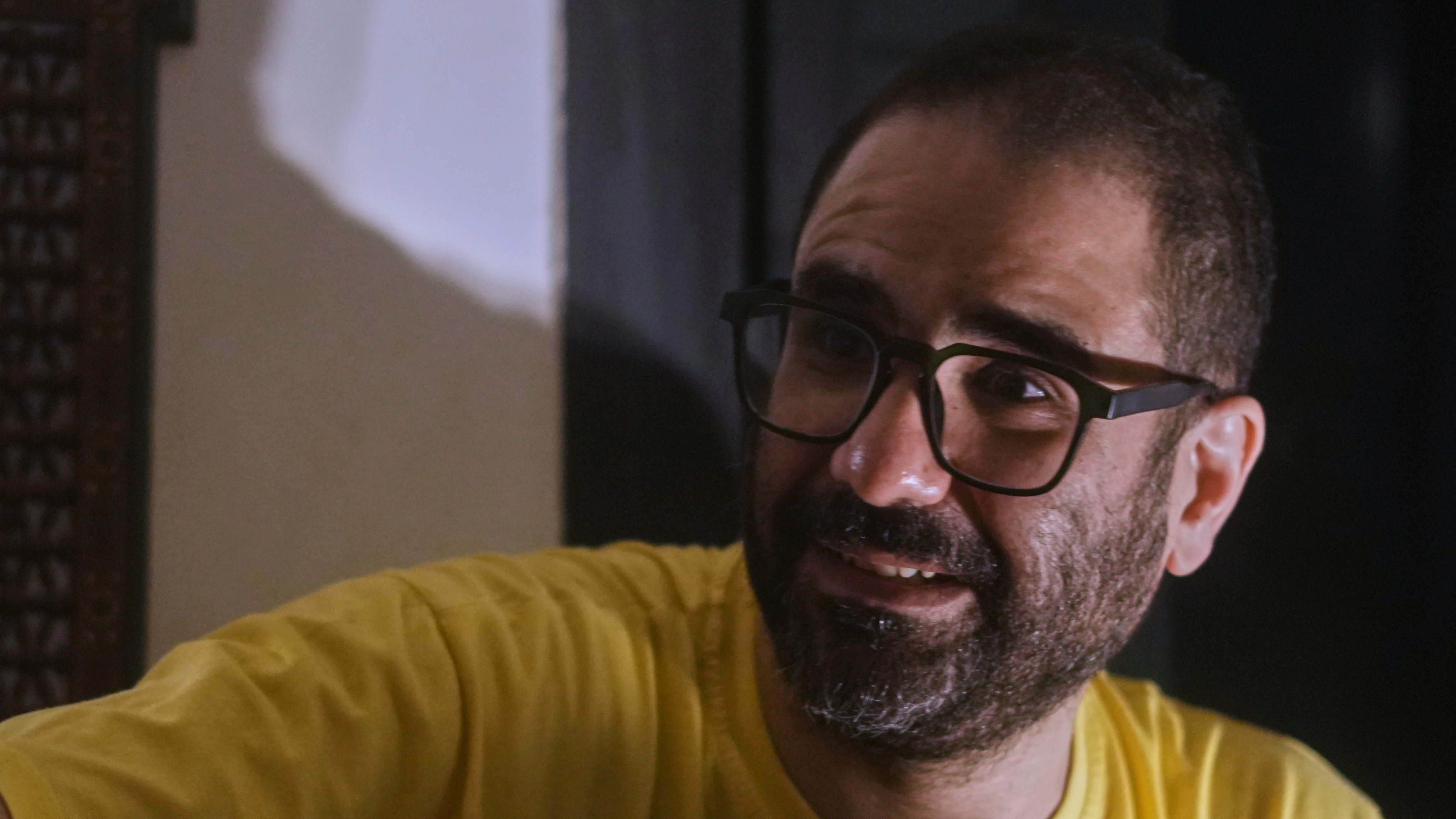The UK is to return to the European Union’s £85 billion Horizon science research programme following months of negotiations.
The Government said a “bespoke” new agreement has been signed off with the EU, with UK researchers able to apply for grants and take part in Horizon projects.
Prime Minister Rishi Sunak said: “We have worked with our EU partners to make sure that this is right deal for the UK, unlocking unparalleled research opportunities, and also the right deal for British taxpayers.”
Britain continued to participate under the post-Brexit trade deal brokered with Brussels but was frozen out in a tit-for-tat retaliation in a dispute over Northern Ireland arrangements.
The move was immediately welcomed by scientists, after years of warnings that UK researchers have been missing out on collaboration with colleagues in the EU.
Horizon is a collaboration involving Europe’s leading research institutes and technology companies.
EU member states contribute funds, which are then allocated to individuals or organisations on merit to explore subjects such as climate change, medical advances and artificial intelligence.
It had been hoped that a British return to Horizon would follow in the wake of the Windsor Framework deal, agreed in February and designed to address concerns over post-Brexit arrangements in Northern Ireland.
The breakthrough comes after months of talks between London and Brussels.
The Government said the UK will associate with the Horizon programme, as well as the EU’s space programme, Copernicus.
But it will not take part in the bloc’s nuclear technology scheme, Euratom.
“Innovation has long been the foundation for prosperity in the UK, from the breakthroughs improving healthcare to the technological advances growing our economy,” Mr Sunak said.
“With a wealth of expertise and experience to bring to the global stage, we have delivered a deal that enables UK scientists to confidently take part in the world’s largest research collaboration programme – Horizon Europe.”
The Prime Minister spoke to European Commission President Ursula Von der Leyen in a call on Wednesday.
Science Secretary Michelle Donelan said the Horizon programme is “unrivalled in its scope”, adding that it is a “fantastic day” for British science and technology.
Under the terms of the deal, the UK will not need to pay into the scheme for the two years it was absent.
British costs under the programme will begin again in January 2024.
Newly-appointed shadow science secretary Peter Kyle told broadcasters that ministers now need to “get on with it”.
“What we’re missing out on is two years’ worth of innovation.
“Two years of global companies looking around the world for where to base their research centres and choosing other countries than Britain, because we are not part of Horizon… This is two years of wasted opportunity for us as a country,” the Labour MP said.
The Government also pointed to the inclusion of a so-called “clawback” mechanism in the deal, which will mean that the UK will be compensated if British scientists receive significantly less money than the UK puts into the programme.
News of the deal was swiftly welcomed by scientists and researchers.
Universities UK President Professor Dame Sally Mapstone said: “Allowing our scientists to work together, irrespective of borders, is in all of our interests.
“Our universities will now do everything possible to ensure the UK rapidly bounces back towards previous levels of participation and is able to secure genuine value, delivering the wealth of research opportunities available.”
Sir Adrian Smith, president of the Royal Society, called it “fantastic news”.
“Science has so much to offer in terms of tackling global challenges and improving lives. Today the Government and the EU have given that a big boost.”
Michelle Mitchell, chief executive of Cancer Research UK, said it would be “overwhelmingly in the best interests of cancer patients and scientists”.
Follow STV News on WhatsApp
Scan the QR code on your mobile device for all the latest news from around the country


























